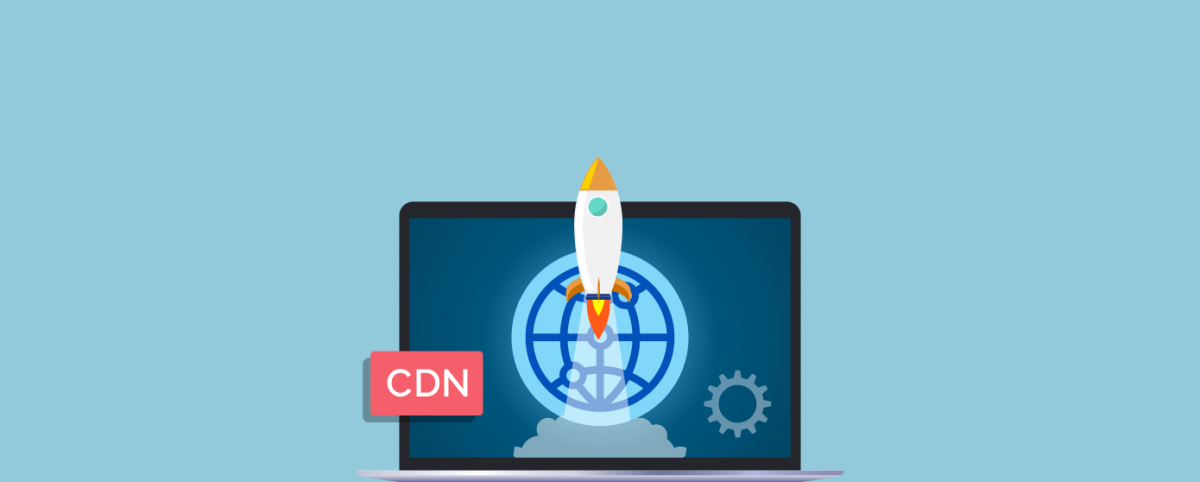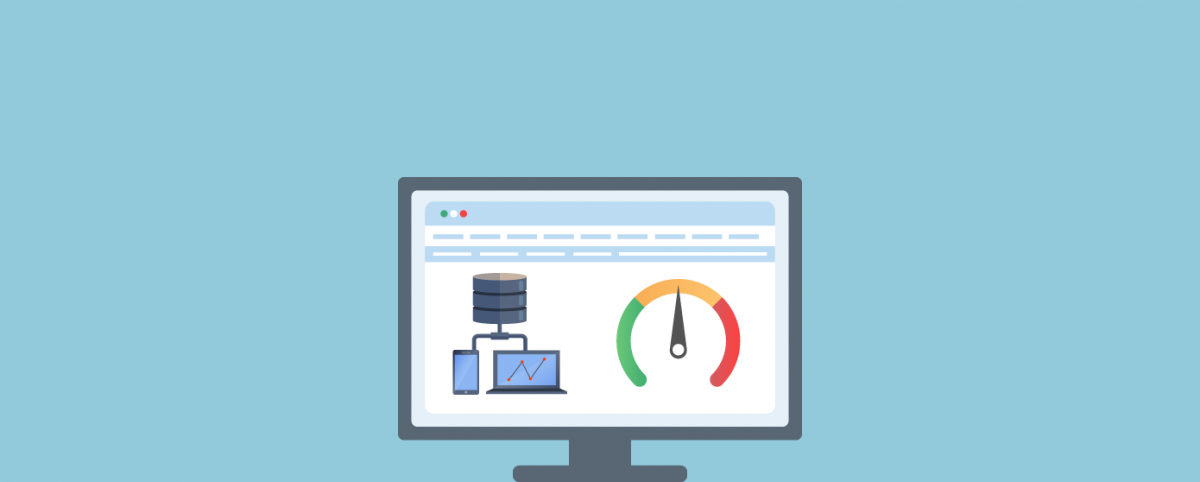CDN Security – How Does It Help with Website Security?
Cyberattacks have become more sophisticated, and they have the potential to cause severe disruption to service availability and financial loss to businesses. According to Gartner, IT downtime costs businesses $5,600 p/minute on average.
For every business with an online presence, being able to serve user requests and deliver content in a secure, reliable, and speedy manner is critical. This is where content delivery networks (CDNs) come in. In addition to accelerating page loading, website speed, and performance, CDN also helps improve website security.
What is CDN security? How does CDN help improve website security? What are some best practices that help strengthen CDN security? Keep reading to find out.
What is CDN Security?
Content delivery networks or CDNs are geographically distributed networks of edge servers connected and optimized through private global networks. This enables CDNs to escape and bypass the congestion of ISPs (Internet Service Providers) and public networks.
At the core of CDN is caching, wherein copies of the content from the origin server are stored in different data centers and local caching servers across the globe. Content is serviced from the edge server that is in close proximity to the user rather than the origin server. This is how CDNs ensure quick, reliable, and secure content delivery.
CDNs are leveraged by all kinds of organizations, from streaming platforms like Netflix and YouTube to online gaming providers to e-commerce giants to government and governmental agencies, among others.
In addition to website speed and performance optimization, new-age, enterprise-grade CDNs can provide organizations with multi-layered, cloud-based edge protection. This is what we mean by CDN security.
How Does CDN Improve Website Security?
Ideally Placed as a Virtual High Fence
Leveraging reverse proxy technology, CDNs are topologically placed in front of backend servers of the websites at the edge of the network. When properly configured and with the help of the global infrastructure, scalability, and built-in redundancies, CDNs are ideally placed to ward off a range of threats, including DDoS floods, before they enter the network.
Load Balancing
The CDN is also capable of load balancing as it is the default recipient of the traffic flow and has enhanced visibility into the incoming traffic. The CDN, thus, can accurately gauge pending requests on each of the servers and distribute the traffic load effectively, preventing an overload of requests on any of the servers.
Edge Protection
Being placed at the network edge, CDN stands between the web server and the incoming server and is ideal for stopping threats before they reach the website. It is important to note that CDN is equipped to balance loads and prevent traffic from reaching the origin server or overwhelming it with voluminous requests. It can prevent volumetric DDoS attacks and prevent website downtime and crashes. However, it cannot prevent all kinds of DDoS attacks, not by itself at least.
An intelligent, fully managed, and comprehensive next-gen WAF must be placed at the network edge to ensure heightened CDN security. This helps businesses to detect threats, including sophisticated bot attacks, malware attacks, Layer 7 DDoS, multi-vector DDoS attacks, and other complicated threats, and protect the website against these.
Encryption Layer
Enterprise-grade CDN security includes an encryption layer to protect against network crashes, on-path attacks, data breaches, etc. When used with updated TLS/ SSL certificates, it handles the encryption and decryption steps related to the TLS protocols, reducing the latency involved in the initial steps while also optimizing SSL security.
How to Ensure Stronger CDN Security?
Choose the Right CDN Solution
Remember that CDNs alone may not be equipped to stop all threats and that not all CDNs are equal. This makes your choice of CDN critical – choosing the wrong CDN for your website security may deteriorate instead of improving.
Why so?
- The CDN could be outdated or unpatched or have known vulnerabilities that could erode website security and increase the risk of data breaches and cyberattacks.
- If the chosen solution is incompatible with the SSL certificate, you could have encryption-related security issues.
- If the CDN uses a data center frequently flagged for suspicious behavior, then your IP address may be flagged or blocked as suspicious.
It is a CDN security best practice to choose an integrated, intelligent, reliable CDN security solution from a trusted and experienced service provider like Indusface. Evaluate the network size and distribution of the CDN service and the security infrastructure that backs it. Make sure it offers customization, analytics, and reporting.
The CDN service must either be bundled with an intelligent, fully managed WAF or give you the freedom to integrate. The WAF must leverage self-learning AI, behavioral and pattern analysis, security analytics, automation, global threat intelligence, and human expertise to proactively detect anomalous behaviours, malicious requests, and threats and stop them before they can wreak havoc on the website.
Further, ensure that the CDN security solution is compatible with the SSL certificates you use.
Regular Security Audits
Perform regular security audits of the entire web infrastructure, including the CDN, to identify and quickly remediate external and internal vulnerabilities.
Onboard the right CDN security solution today to improve your website security!
Stay tuned for more relevant and interesting security articles. Follow Indusface on Facebook, Twitter, and LinkedIn


 September 9, 2022
September 9, 2022






